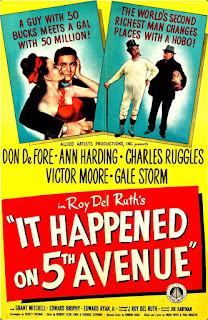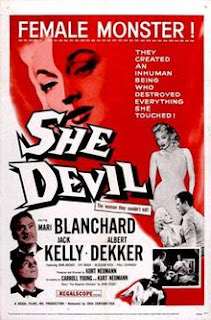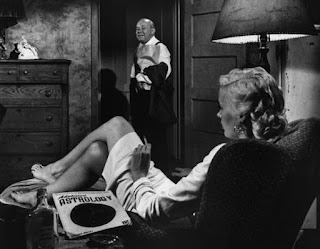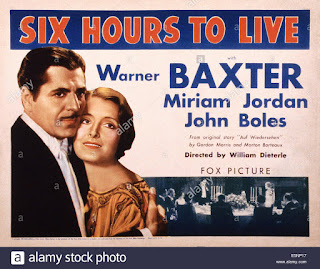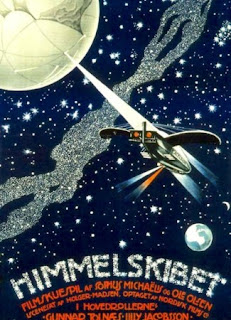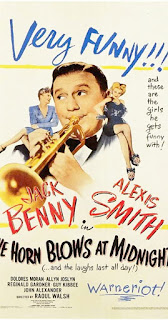(1947)
Directed by Roy Del Ruth
Written by Everett Freeman (screenplay), Vick Knight (additional dialog), Herbert Lewis (original story)
Starring Don DeFore, Charles Ruggles, Victor Moore, Gale Storm, Ann Harding, Alan Hale, Jr., Dorothea Kent
IMDB Entry
Titles are an art. You need to come up with something that’s both memorable and intriguing. It Happened on Fifth Avenue is not an inspiring name for a film, but the result on the screen is a charming little movie.
Aloysius McKeever (Victor Moore) has a sweet setup. Though homeless, he spends his winters in the mansion of Michael O’Connor (Charles Ruggles) when O’Connor boards it up to spend winters in North Carolina. Jim Bullock (Don DeFore) is a war veteran who loses his apartment when O’Connor buys it to tear down to put up an office building. Jim runs into Aloysius, who invites him to enjoy the mansion with him. Meanwhile, O’Connor’s daughter Trudy (Gale Storm) lets herself into the mansion after running away from finishing school. Jim and Aloysius find her and think she’s trying to squat there. Trudy is attracted to Jim, so doesn’t reveal her identity, since Jim hates her father for putting him into the cold. Jim meets a couple of war buddies Whitey (Alan Hale, Jr.) and Hank (Edward Ryan), who join the crew.
Trudy’s father finds her, but she convinces him to pretend to be homeless, too, because Jim would hate her if he knew she was the daughter the man who evicted him. He joins the crew, as does Trudy’s mother Mary (Ann Harding), who has divorced her father because he was too devoted to making money.
The movie is light and charming and has something of a Christmas theme. You could make a case that Aloysius is Santa Claus, and, in many ways, O’Connor is Scrooge.. One thing I liked about it was that it resolved comic misunderstandings in the situation without dragging it out.
Victor Moore is quite charming. He was a fairly solid star on Broadway before going into films as a career; this is one of his bigger roles. Don DeFore is best known as Mr. Baxter in the 50s sitcom, Hazel. I remember Gale Storm fondly from the TV shows My Little Margie and The Gale Storm Show (Oh! Susannah). And Charlie Ruggles was a successful character actor for years.
There are quite a few familiar faces in the movie. John Hamilton (Perry White in The Adventures of Superman) has a few lines, and the great Charles Lane shows up as a prickly landlord. Alan Hale, Jr. is probably best known as the Skipper on Gilligan’s Island.
Director Roy Del Ruth was one of the top directors of the 30s and early 40s.
The movie has an interesting production history. It was originally planned by Frank Capra as the inaugural film for his Liberty Pictures, but he dropped it when he saw the script to It’s a Wonderful Life. He sold the rights to Monogram Pictures, a poverty row studio best known for B pictures and westerns.Monogram was trying to improve its reputation and created Allied Artists, making It Happened on Fifth Avenue their first production. It was successful enough to Monogram to eventually rename itself.
The movie was nominated for a best Writing Oscar, but lost to Miracle on 34th Street. The complications of syndication kept it off TV screens for years, but it came back recently.
It’s worth seeing out. It’s not quite a Christmas classic, but it is a very good film.
